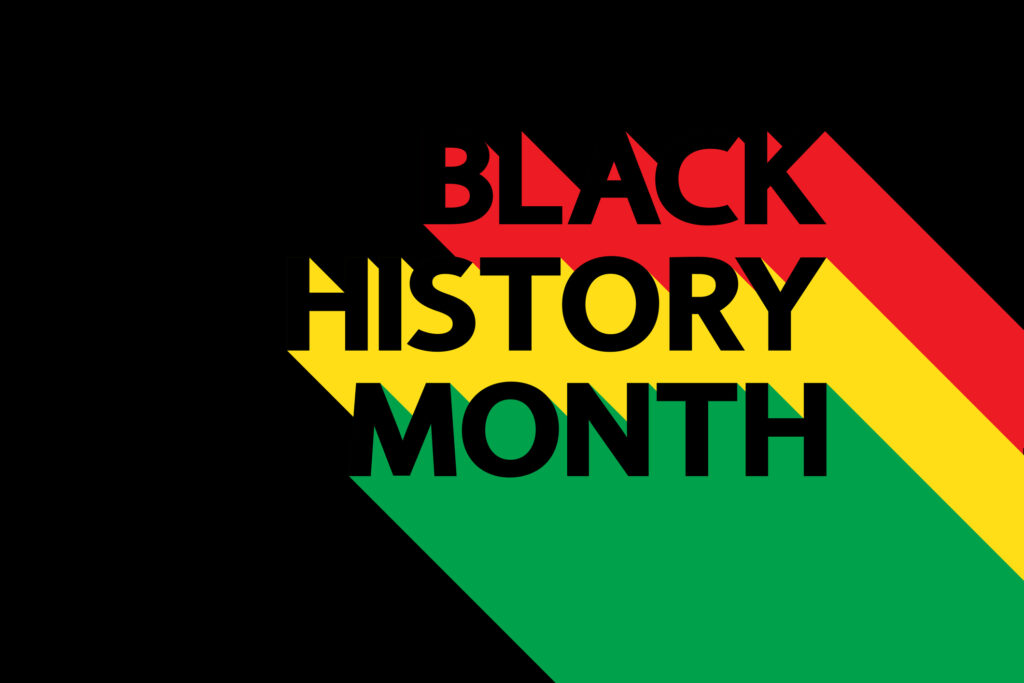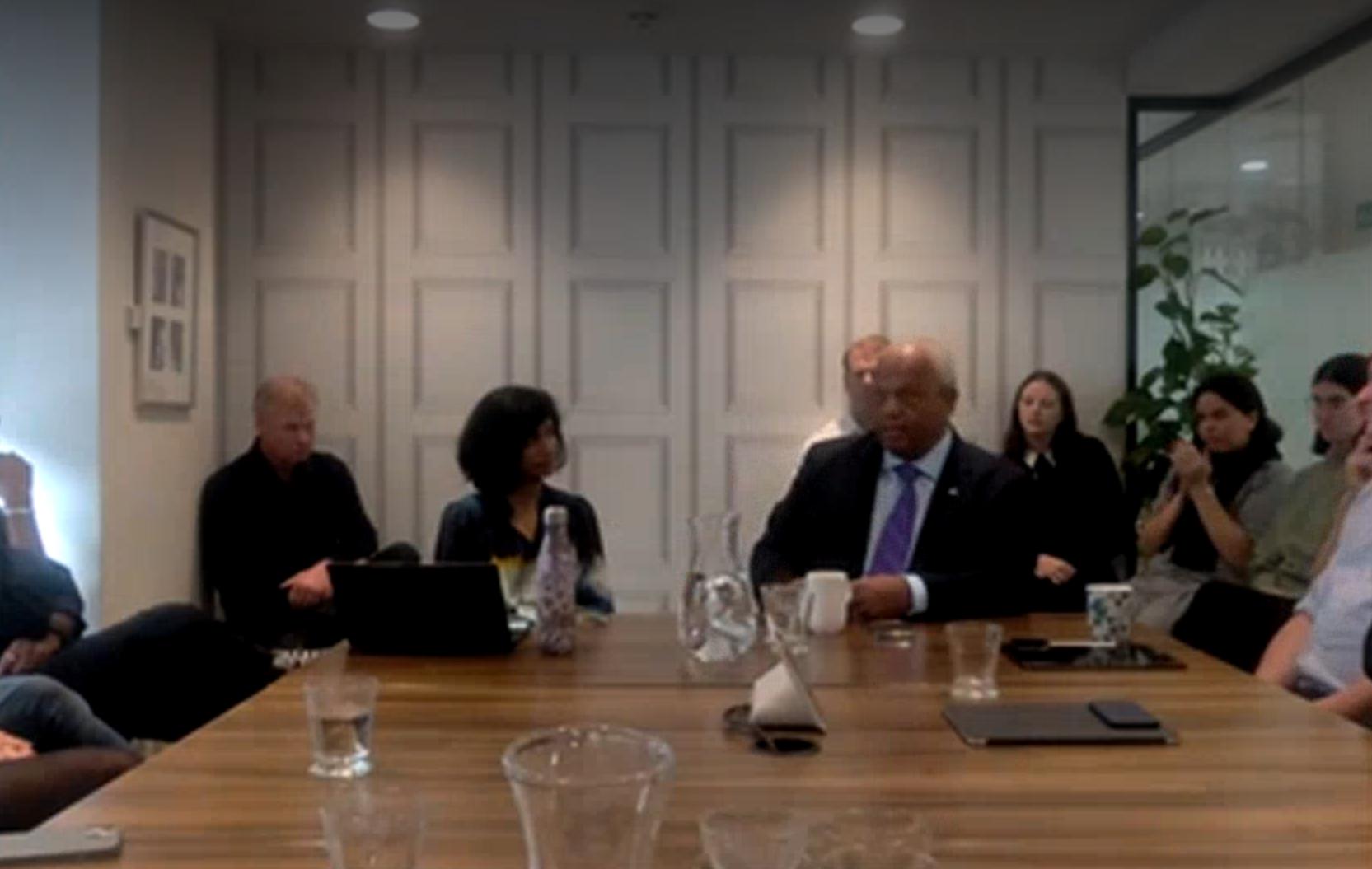
This Black History Month we have welcomed our Non-Executive Board member Michael Hastings, Lord Hastings of Scarisbrick, to share his perspective on diversity and inclusion with us during a “Lunch and Learn session”, as we continue our journey towards being a more equitable and inclusive organisation. Michael joined us as a non-executive in 2021, building on his distinguished and purposeful career across the public, private and social impact sectors. He currently chairs the boards of SOAS, London Chamber of Commerce’s Black Business Association, and the Advisory Board of the Black Business Institute. We were also delighted to welcome Joladé Olusanya, a multidisciplinary artist raised in Nigeria and the UK, who shared his experiences of applying for non-executive roles in the arts sector as a black man.
The session was hosted by the Equality, Diversity and Inclusion committee at Saxton Bampfylde, and chaired by committee member and Social Impact consultant Vidhu Sood-Nicholls. Saxton Bampfylde partners had the opportunity to ask questions and to share their own experiences and perspectives. Recognising that building a more equal society will require continual challenge and development, we have outlined some themes from the conversation below:
Expanding perspectives
Conversations around diversity must begin with open and respectful conversation, listening and sharing experiences. Doing this will allow us to expand and challenge our views and perspectives.
Only when we feel secure enough to “share what makes us fear or suspect difference” can we start to bring about change.
Experience only accrues with opportunity
Lord Hastings observed that in order to achieve representative senior leadership in the UK, approximately 41 per cent of appointments need to be non-white. Given historic inequalities throughout the hiring market which are only now beginning to be addressed, there is a smaller talent pool of potential candidates who are black. Challenging this will require organisations to think differently about “candidate fit”, hiring for attitude rather than experience and recognising that many practical skills can be acquired in post. Without opportunities being offered, experience cannot be gained.
Challenging our clients
In order to represent roles with authenticity and honesty to potential candidates from underrepresented backgrounds, we must challenge our clients to explain their particular approach to diversity and inclusion, and the value it brings to their organisation, as well as how they accommodate candidates with different requirements and experiences. Only by doing this can we move beyond a tokenistic approach to hiring for diversity.
Recognising intersectionality
The issues raised during our discussions marking Black History Month intersect closely with the wider challenges we face as a global community as we seek to live, work and consume more responsibly. Michael raised the sustainability agenda during our discussion, challenging us to think about “how we live for and with each other on the planet to ensure its preservation”, particularly considering the structural inequalities which were brought to the fore by the pandemic. Holding all these issues in mind will facilitate nuanced and thoughtful discussions with clients, candidates and our community that will in turn create positive change.
